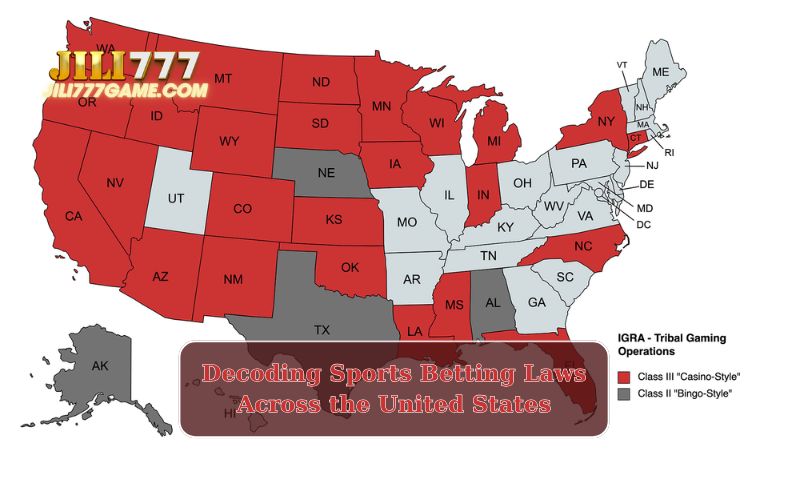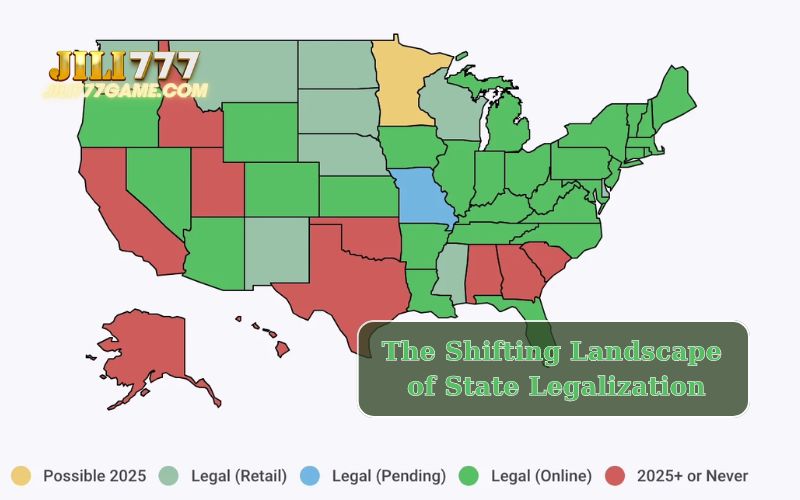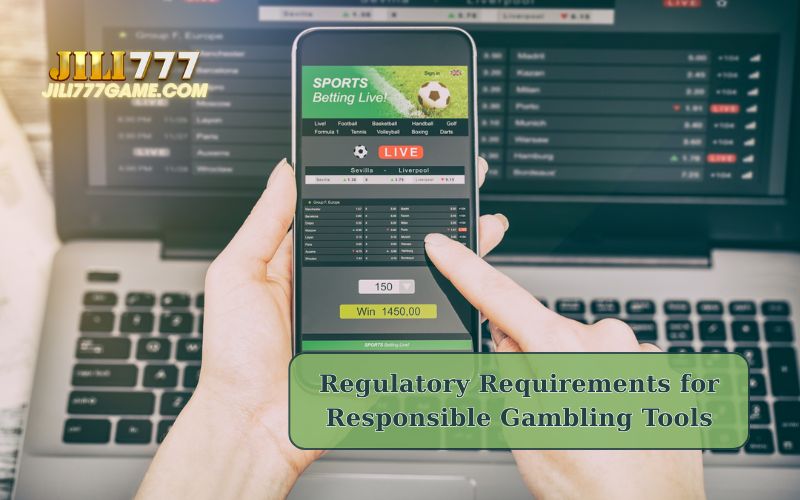Sports betting has exploded in popularity globally, transforming from a niche activity into a mainstream form of entertainment and a significant industry. However, understanding is sports betting legal is far from straightforward. The answer varies dramatically depending on where you are in the world, sometimes even changing from one state or province to the next within the same country.
This guide delves into the intricate legal landscape, exploring the regulations, history, and age requirements surrounding sports betting across different jurisdictions.
What is Sports Betting Legal? Understanding the Basics
Simply put, sports betting means betting on the outcome of a sports game. This can range from predicting the winner of a single game to more complex bets involving multiple outcomes or specific in-game events. While simple in concept, the legality of this activity is anything but.

Read More: Jili777 is legit or not in the Philippines: A comprehensive review
The Global Rise of the Sports Betting Industry
Historically, sports betting largely existed in informal or unregulated markets. The advent of the internet and mobile technology, paired with shifting societal attitudes, spurred massive global expansion, moving access from limited physical sites to millions online. While bringing significant economic benefits, this growth also raises complex issues of regulation, consumer protection, and ethics. This rapid development makes the question of is sports betting legal increasingly critical for all involved.
Legalization and Regulation
Globally, the trend is towards legalizing and regulating sports betting. Governments seek to capture tax revenue, combat illegal operations, and implement consumer protection measures. Regulation typically requires operator licensing, advertising rules, and provisions against problem gambling and money laundering. This defined legal framework aims to create a safer, more transparent environment than unregulated markets.
Decoding Sports Betting Laws Across the United States
Exploring the history of sports betting laws in the U.S. presents a complex case study. It illustrates the interplay of federalism and evolving legal interpretations. This development directly addresses the question of the activity’s legal status nationwide.
Federal Law and History – PASPA, Wire Act, and SCOTUS Ruling
U.S. sports betting was federally restricted for decades by the PASPA act of 1992. This law effectively banned state-authorized betting nationwide, only permitting a few states with pre-existing forms. This created a situation where Nevada held a virtual monopoly on single-game betting. The federal Wire Act also existed, primarily targeting interstate gambling transmissions.

However, a major turning point came in 2018 when the Supreme Court struck down PASPA. The Murphy v. NCAA ruling empowered individual states to decide on legalization. This decision fundamentally altered where is sports betting legal within the United States, establishing a state-by-state framework.
Where Is Sports Betting Legal in the U.S.?
Following the 2018 Supreme Court decision, numerous U.S. states began enacting laws to legalize sports betting. By late 2024/early 2025, the count of states permitting sports betting, both in-person and online, had expanded significantly.
Many jurisdictions, including New Jersey, Pennsylvania, New York, Illinois, and Michigan, now operate active legal markets. However, the details of these markets vary considerably, with some states allowing only retail or mobile betting, and different bet types permitted by jurisdiction.
States Maintaining Sports Betting Bans
Despite the trend towards legalization, in several U.S. states, the answer to is sports betting legal is still no. Due to political, moral, or legislative reasons, both online and in-person betting remain illegal under state law. Consequently, residents cannot legally place bets within these states, and offshore sites are in a legal grey area or prohibited.
The Shifting Landscape of State Legalization
The clear trend indicates more states will legalize sports betting, driven by tax revenue, black market control, and consumer demand. Legislative efforts continue across the U.S. to achieve this. Future developments may include interstate online betting compacts, further state expansion, and evolving regulations on advertising and consumer protection.

Read More: Jili777 how to withdraw – Step-by-step guide for 2025
International Legal Status of Sports Betting
Moving beyond the U.S., the international landscape for sports betting legality is far more diverse. This variation reflects a wide array of cultural, historical, and political contexts across different nations. Understanding its permitted status globally requires examining regulations country by country.
Mature Regulated Sports Betting Markets Worldwide
Many countries worldwide operate long-established, fully regulated sports betting markets. In nations like the UK, Australia, and numerous European countries, is sports betting legal under strict governmental oversight. These markets feature rigorous licensing requirements and strong player protection measures. Such regulated environments also contribute significant tax revenue and ensure market integrity.
Jurisdictions Where Sports Betting is Not Fully Legal
In stark contrast, many countries impose severe restrictions or outright bans on sports betting. This is often due to religious, cultural, or social reasons, seen in parts of the Middle East and Asia. In such places, engaging in this activity is prohibited under law and can lead to significant penalties.
Emerging Legal Markets in Latin America and Africa
Recently, many countries in Latin America and Africa have begun exploring or implementing sports betting legalization. Nations like Colombia, Argentina, Brazil, and South Africa are establishing or developing legal frameworks. These emerging markets offer significant opportunities for operators but also pose challenges for regulators ensuring responsible growth.
Legal Access to Online Sportsbooks by Region
For online sports betting, legality is often determined by the player’s geographical location and the operator’s licensing. A license in one jurisdiction, like Malta, doesn’t permit services everywhere; access is restricted in locations like the U.S. (without a state license) or banned countries.

This highlights that permitted online access is a function of both the operator’s authorization and the bettor’s physical presence under local law.
Sports Betting: Understanding Age Restrictions
A key element of sports betting legality involves minimum age rules. This leads directly to the question: is sports betting legal for 18 year old? Determining the exact age requires reviewing specific laws by location.
What Is the Minimum Age Globally?
In many regulated markets globally, the minimum age for sports betting is 18 years old. This means that for residents in these areas, is sports betting legal at 18. This age often aligns with the age of majority in many nations, such as those in Europe, Australia, and parts of Canada (where some provinces are 19).
Is Sports Betting Legal for 18-Year-Olds?
Yes, 18-year-olds can legally participate in sports betting in many parts of the world, particularly outside the United States. In regulated markets like the UK, Australia, and several European countries, individuals aged 18 and over are permitted to bet with licensed operators. This applies to both in-person and online betting, though the legal age is not universally 18 globally.
At What Age Is Sports Betting Legal in the U.S. and Abroad?
While 18 is common internationally, the U.S. typically sets the minimum sports betting age higher. Most U.S. states with legal markets, such as New Jersey and Pennsylvania, require bettors to be at least 21, often aligning with the drinking age. However, a few U.S. states like Montana and New Hampshire permit betting at age 18, though this is not the norm.

Abroad, 18 is the prevailing age in many regulated countries, but some jurisdictions have different limits. Ultimately, determining at what age is sports betting legal requires checking the specific regulations of your state or country.
Read More: How to Register on JILI777 Casino Philippines: A Step-by-Step Guide
Online vs. Retail Sports Betting – Legal Considerations
The format of sports betting – online via websites and mobile apps versus in-person at physical locations like casinos or racetracks – also comes with distinct legal and regulatory considerations.
Differences in Online and Retail Licensing and Access
Legality often differentiates between retail (in-person) and online sports betting operations. Jurisdictions may permit retail sportsbooks at specific venues but restrict or prohibit statewide mobile betting. Online operators typically require separate, more stringent licenses with conditions for data security and responsible gambling.
Access to online platforms is usually restricted via geo-location technology to ensure bets are placed only within the legal jurisdiction.
Mobile App Restrictions and Device Policies
Regulations for mobile sports betting apps cover specifics like identity verification, payment functions, and responsible gambling tools.
Some jurisdictions might require in-person registration, although increasingly, app access depends simply on where is sports betting legal and licensed. App store policies from providers like Apple and Google also add layers of requirements for licensed operators. Operators must adhere to both regulatory and platform rules to offer legal mobile wagering.
Regulatory Requirements for Responsible Gambling Tools
A significant legal requirement for licensed sports betting operators, especially online ones, is providing responsible gambling tools. Regulations frequently mandate specific features designed to help users manage their betting. These include allowing users to set limits on deposits, losses, and time spent betting.

Cool-off periods, self-exclusion programs, and access to support resources are also often required. Such tools are critical components of regulated markets, aiming to mitigate the potential harms associated with gambling.
How to Bet Legally and Safely
Given the complex legal landscape, knowing how to bet legally and safely is paramount. The single most important step is to choose only licensed sportsbooks in your country or state. Licensed operators are bound by law to adhere to strict standards for fairness, security, and responsible gambling. In contrast, using offshore or unlicensed sites puts you at significant risk with no legal consumer protection.
Always verify the specific local regulations first, as understanding where is sports betting legal and the minimum age is crucial due to varying rules. Avoiding unregulated sites is vital because they operate outside legal frameworks and offer no guarantees.
Conclusion
As we conclude this guide, it’s clear that the question is sports betting legal doesn’t have a single global answer. Its legality is deeply tied to your specific geographical location, local laws, and minimum age requirements. Betting both legally and safely means diligently researching the regulations where you are and strictly using operators that hold the necessary licenses.
As Jili777, a licensed online casino, we strongly advocate for this approach. We urge you to verify the legal status of sports betting in your region and always choose licensed platforms to ensure a secure and responsible gaming environment.
Read More: JILI777 Login Guide: Secure Access & Troubleshooting Tips

JILI777 is an online gaming platform offering a variety of Slot game, casino games and sports betting, known for its secure environment and attractive bonuses. #jili777 #jili777slot #jili777ph #jili777casino. Website: https://jili777game.com/